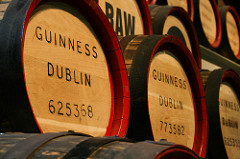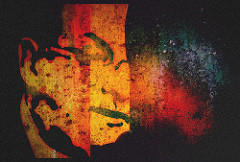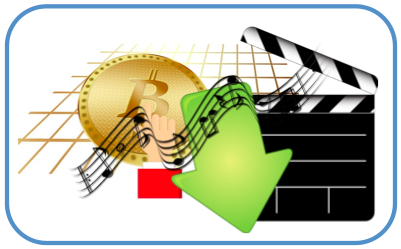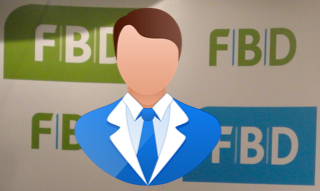European data privacy rights and democratic politics: a tangled web
 Prof Deirdre Curtin (Professor of European Union Law, European University Institute, Florence; pictured left) will deliver the Irish Society for European Law‘s 13th Annual Brian Walsh Memorial Lecture on the above topic.
Prof Deirdre Curtin (Professor of European Union Law, European University Institute, Florence; pictured left) will deliver the Irish Society for European Law‘s 13th Annual Brian Walsh Memorial Lecture on the above topic.
It will take place at 6:30pm, tomorrow, Thursday, 26 November 2015, in the Bar Council of Ireland Distillery Building, 145–151 Church Street, Dublin 7 (map here), and it will be chaired by the Hon Mr Justice Frank Clarke (Judge of the Supreme Court). CPD points will be available. Registration is required.…





